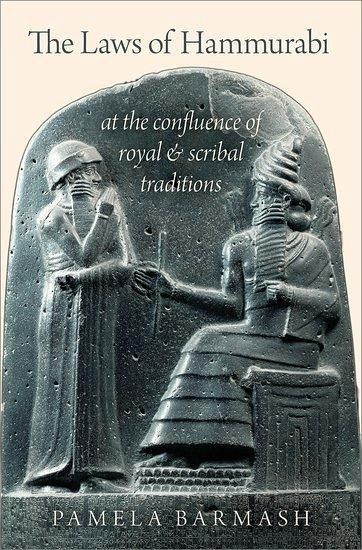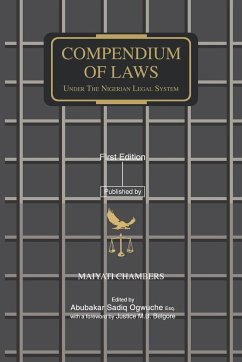
Laws of Hammurabi
At the Confluence of Royal and Scribal Traditions
Versandkostenfrei!
Versandfertig in 1-2 Wochen
128,99 €
inkl. MwSt.
Weitere Ausgaben:

PAYBACK Punkte
64 °P sammeln!
Among the best-known and most esteemed people known from antiquity is the Babylonian king Hammurabi. His fame and reputation are due to the collection of laws written under his patronage. This book offers an innovative interpretation of the Laws of Hammurabi. Ancient scribes would demonstrate their legal flair by composing statutes on a set of traditional cases, articulating what they deemed just and fair. The scribe of the Laws of Hammurabi advanced beyond earlier scribes in composing statutes that manifest systematization and implicit legal principles, and inserted the Laws of Hammurabi into...
Among the best-known and most esteemed people known from antiquity is the Babylonian king Hammurabi. His fame and reputation are due to the collection of laws written under his patronage. This book offers an innovative interpretation of the Laws of Hammurabi. Ancient scribes would demonstrate their legal flair by composing statutes on a set of traditional cases, articulating what they deemed just and fair. The scribe of the Laws of Hammurabi advanced beyond earlier scribes in composing statutes that manifest systematization and implicit legal principles, and inserted the Laws of Hammurabi into the form of a royal inscription, shrewdly reshaping the genre. This tradition of scribal improvisation on a set of traditional cases continued outside of Mesopotamia. It influenced biblical law and the law of the Hittite empire significantly. The Laws of Hammurabi was also witness to the start of another stream of intellectual tradition. It became the subject of formal commentaries, marking a profound cultural shift. Scribes related to it in ways that diverged from prior attitudes; it became an object of study and of commentary, a genre that names itself as dependent on another text. The famous Laws of Hammurabi is here given the extensive attention it continues to merit.













